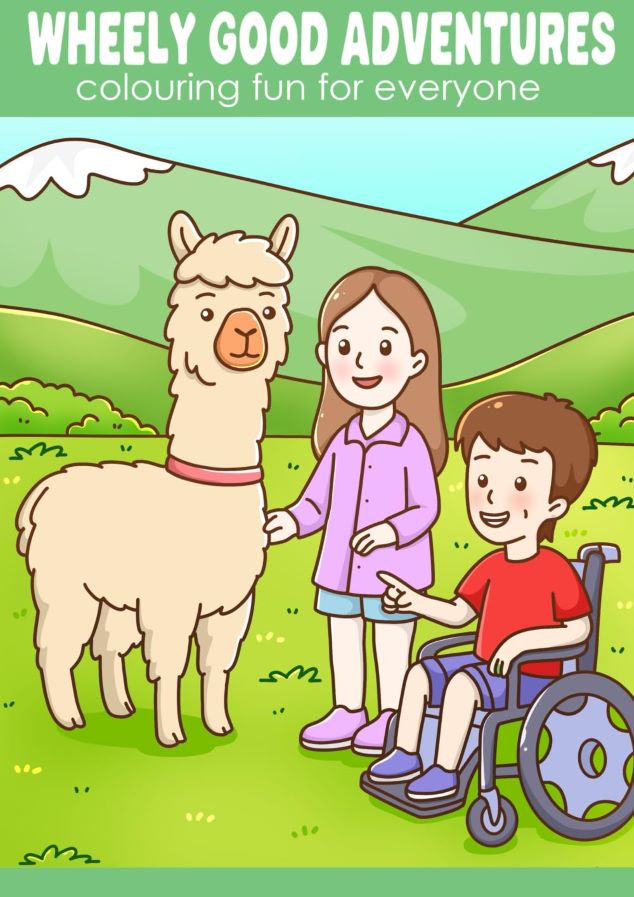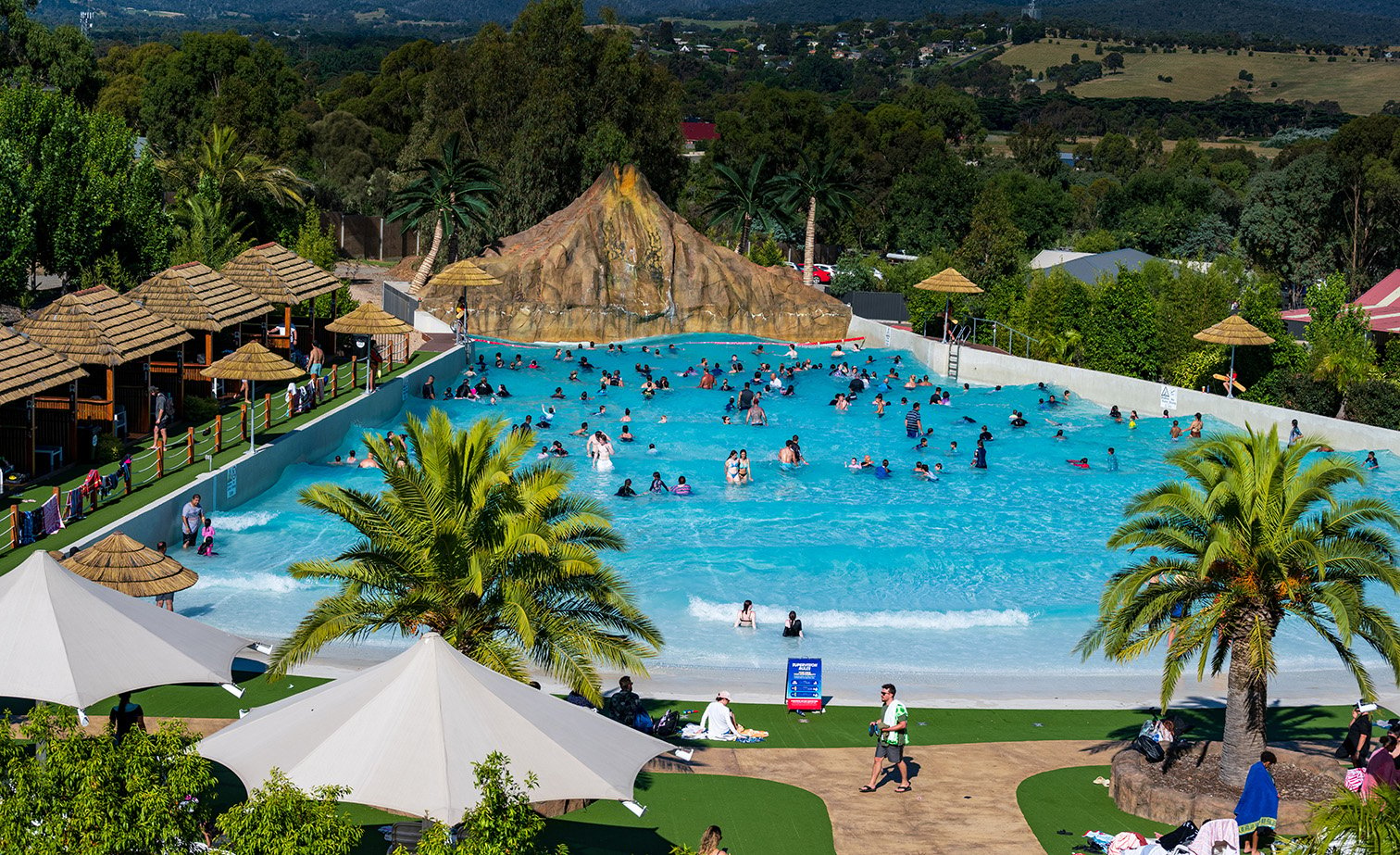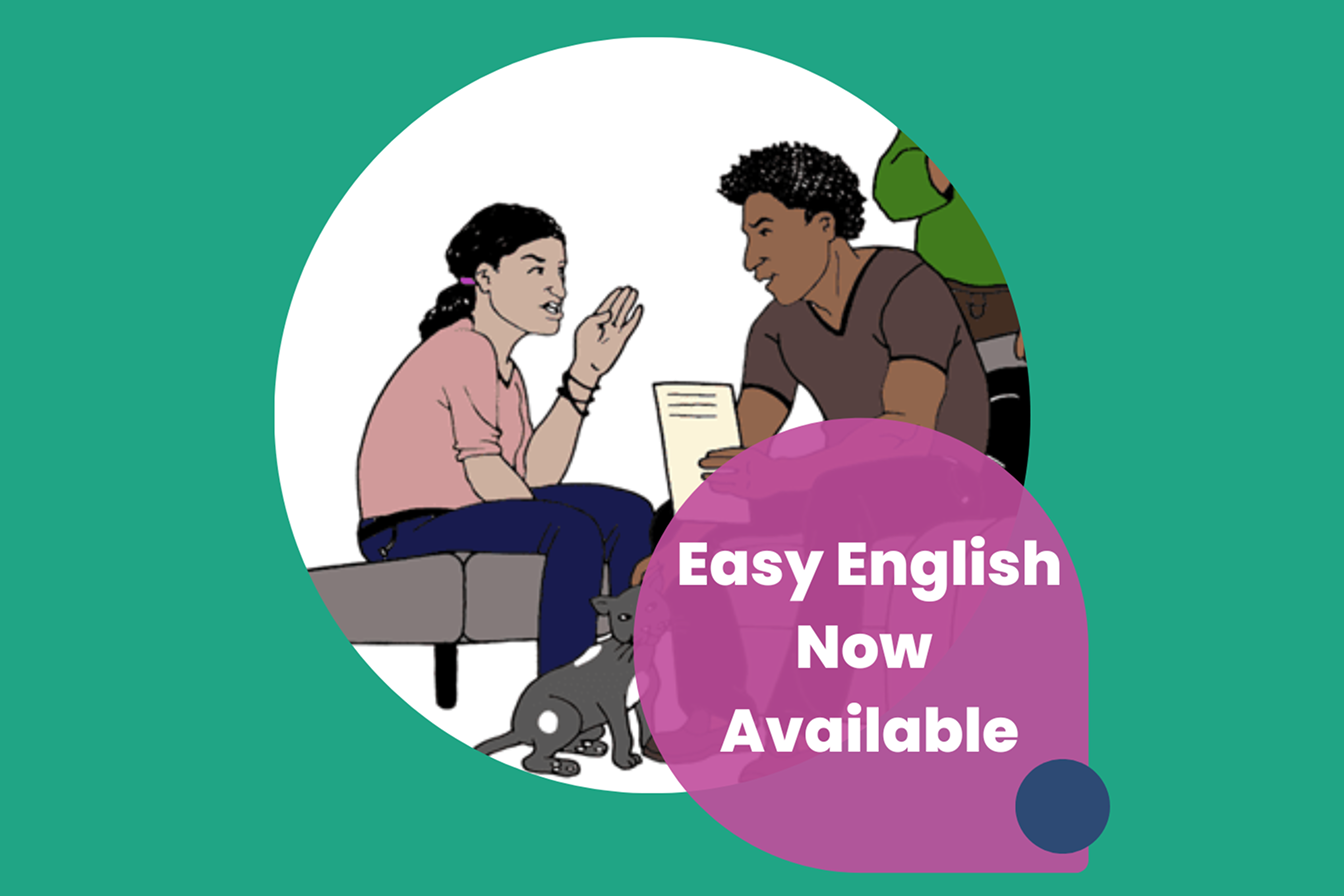Change in Age may exacerbate your reactions or symptoms to cold.
In an earlier CP Diaries episode, such as Ageing with Sue, a common theme emerged: many people with Cerebral Palsy (CP)begin to feel more pain, stiffness, and discomfort as they reach their mid to late thirties.
Nick reflected on this change, recalling how he once loved winter and outdoor activities like cycling, cricket, and football. But starting in his early thirties, while working outside, he began to feel the cold more intensely each year. He realised that the discomfort was linked to both ageing and his CP, and winter became less enjoyable for him.
Strategies for dealing with the cold
Winter can be tough for many, especially with the cost of living rising. Nick takes hot showers throughout the day, though it’s not for everyone.
Thermal clothing was a game changer. Those with CP struggle with poor circulation, making the cold even harder to deal with. Nick said wearing thermal clothes was a whole new concept for him, and his initial financial outlay was was huge!
“Three or four years ago I spent probably close to half a thousand dollars on thermals all in one hit just because I knew winter was coming and it was like ‘oh I want to stay warm this winter because last winter I had no thermals,’ so I just went absolutely nuts and bought every type and every type of thickness or heat retention layer that I could.”
Weighted Blankets
Weighted blankets are a great way to stay cozy and sleep better in winter. They help retain body heat, while helping to keep other bedding in place. Nat says it’s one of the best investments she’s made, and a great alternative (and safer solution) to a hot water bottle.
“Basically, what the weighted blanket does is that it provides so much warmth because it just completely insulates your body…I was waking up during winter in the middle of the night and because of the cold, nothing else, and that's a really common issue.”
Hydrotherapy Sessions provide weightless relief
Hydrotherapy is another great way to stay warm and keep fit. It is low impact, eases tight muscles and joints, and works your whole body in a relaxing, stress-free way.
Natalie began Hydrotherapy weekly at her local pool with her Physio.
“I really really liked it because it's very easy exercise because you're like suspending your gravity in water, so you still get all that exercise that your body needs but you get to do it in this really nice sensation.”
Winter ends and we Celebrate
Nick feels like Superman when winter ends! Those lovely rays of sunshine boost his vitamin D levels, and lift his mood, and makes him feel great both physically and mentally.
“It's like that scene out of the Superman movie where he goes up into the atmosphere and gets all the sun's rays on him. I just stand out in the middle of the street and if the sun’s on me, I just stand there and warm up.”
Massage may help
You can support your Mental and physical health with regular Remedial Massage, which may help alleviate aches and pains and improve your overall well-being. It’s worth checking if your NDIS plan covers massage therapy.
You can view Nick & Natalie’s CP Diaries Chat here.
This video is for informational purposes only and should not be used as a substitute for medical advice. Please consult your doctor for further information.
If you have a favourite tip / habit for warming up during winter and the colder months, let us know! We’re here to help. You can email us at cpsn@cpsn.org.au.

CPSN




